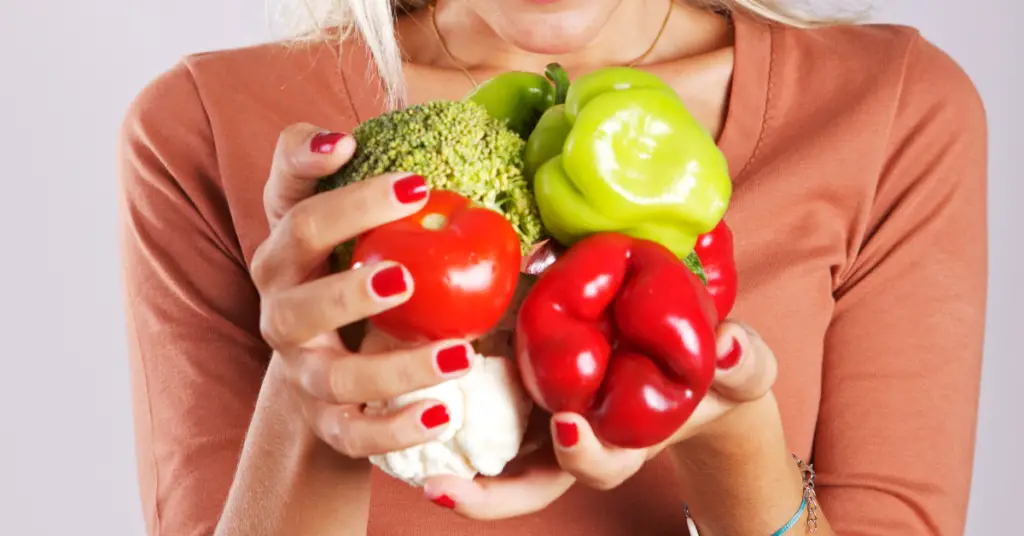Substituting salad for steak once a week can mean better health for you and your environment— especially when it comes to global warming.
Despite carbon dioxide’s bad rap in the global warming crisis, other gases, such as methane, also deserve much of the blame.
Contributing more to global warming than all of the other non-CO2 greenhouse gases combined, methane is 21 times more devastating as a greenhouse gas than CO2, according to EarthSave.
How is going vegetarian good for the environment?
Over 50 percent of methane is produced by human activity, according to a United Nations report, and of this, 37 percent of atmospheric methane is generated by animal agriculture (in particular from cows, pigs, and chickens).
With the growth in meat consumption worldwide, methane levels in our atmosphere are rising at rates faster than those of CO2, but the good news is that methane only remains in the environment for about 10 years versus carbon dioxide’s 100 years, so taking steps to lower methane emissions will impact greenhouse gasses.
The fastest way to a solution to global warming could be through our stomachs! Other man-made sources of methane include rice cultivation, biomass burning, oil and gas, coal, landfills and sewage.
Especially culpable are them an-made methane-emitting wetlands created to store untreated farm animal waste, as well as the deforestation practices common in the animal agriculture industry (clearing forests to make room for grazing land, which also results in more CO2).
Responsible for more than 100 million tons of methane a year, animal agriculture’s effect on our environment is directly tied to the choices we make. If we all decide to change our diets by eating less meat and more protein alternatives, we are taking steps toward a solution to global warming.
It’s easy to reverse the 50-year trend of rising global meat consumption by simply choosing to eat less meat. Even if we select a vegetarian meal only once each day or once each week, our collective small efforts will add up to massive methane reduction in our world.
Fortunately, vegetarian protein products abound in today’s marketplace, with tofu hotdogs, soy chicken tenders, and an array of meat alternatives (including nuts and beans) available in just about every grocery store.
Dining out presents another opportunity to enjoy vegetarian fare; you can find vegetarian restaurants in every major city throughout the world.

Erzsebet Frey (Eli Frey) is an ecologist and online entrepreneur with a Master of Science in Ecology from the University of Belgrade. Originally from Serbia, she has lived in Sri Lanka since 2017. Eli has worked internationally in countries like Oman, Brazil, Germany, and Sri Lanka. In 2018, she expanded into SEO and blogging, completing courses from UC Davis and Edinburgh. Eli has founded multiple websites focused on biology, ecology, environmental science, sustainable and simple living, and outdoor activities. She enjoys creating nature and simple living videos on YouTube and participates in speleology, diving, and hiking.

